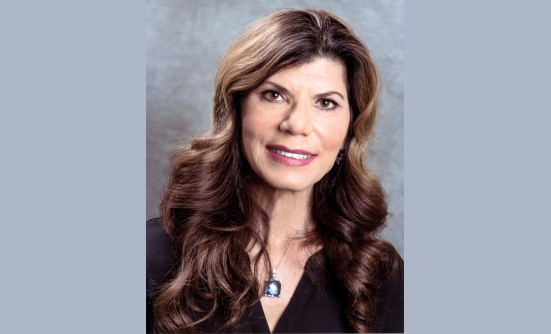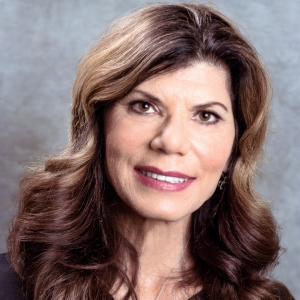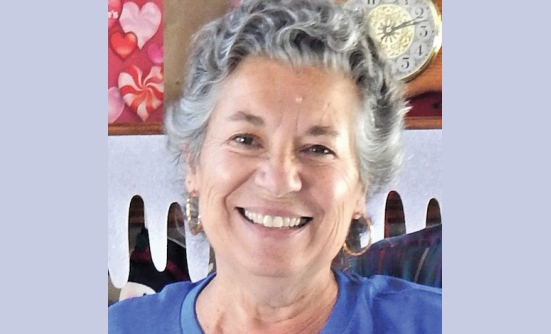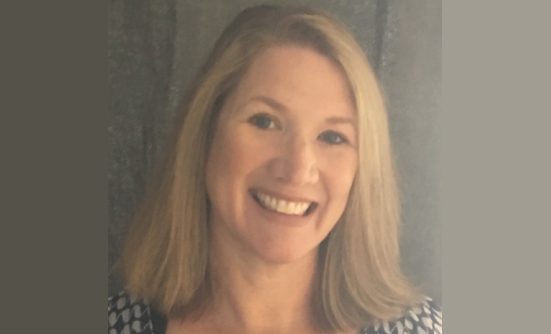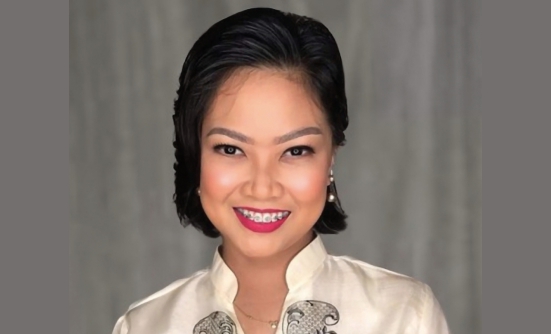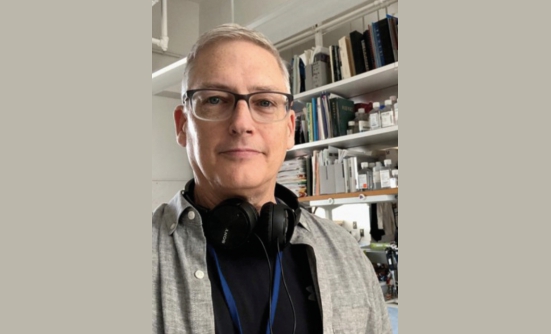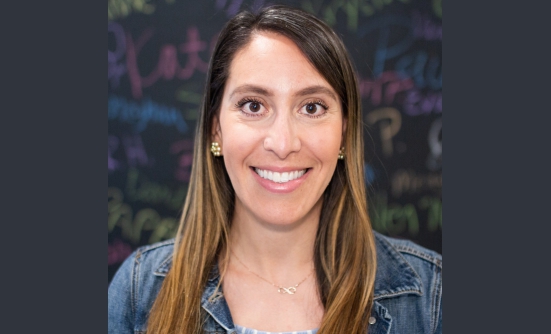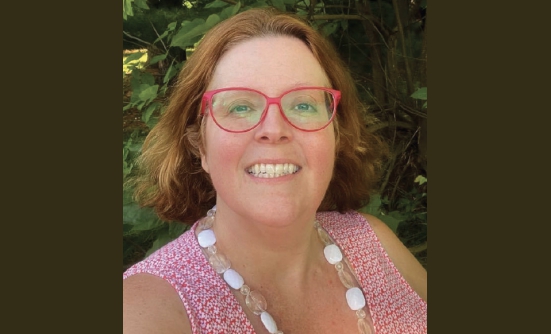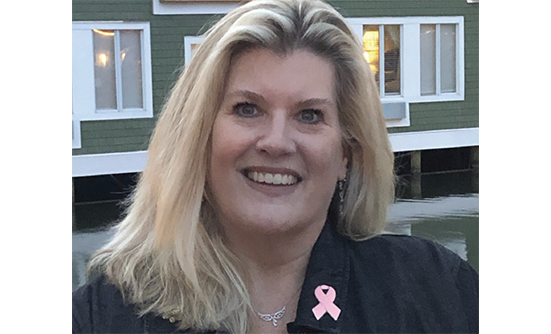“I know I should exercise more,” was the way our conversation often started when I met with a woman newly diagnosed with breast cancer. She had been urged by her oncologist to talk with me about becoming more active during her treatment and beyond. Each time I heard that sentence aloud, I suspected that an unspoken question lay right behind it: “If I had exercised more, would I be here?”
Unspoken Question
In those conversations, I answered the unspoken question first. We were meeting in 2017, but I told the story of my cancer diagnosis in 1997. I was 42, a daily exerciser, and I ate a healthy diet. On a Sunday night, I discovered the tumor, big as a golf ball, sitting on my tonsil. On Monday, the ENT physician suggested that I take antibiotics, wait a week, then come back and we would see.
The next 4 days, the tumor grew visibly larger. I was sitting outside his office door when it opened on Friday, and he agreed that we were done waiting. The Tumor Board was the next Tuesday, and the surgery was Friday. Exercise and a healthy diet don’t guarantee a cancer-free life.
Although exercise could not protect me from cancer, by the time I was diagnosed, I already believed that exercise was essential to my health. I had started running a decade earlier, and I kept running because when I ran, it seemed I had fewer difficulties with depression. “There’s no existential crisis that can stand up to a 5-mile run,” is how I put it.
Remaining Active
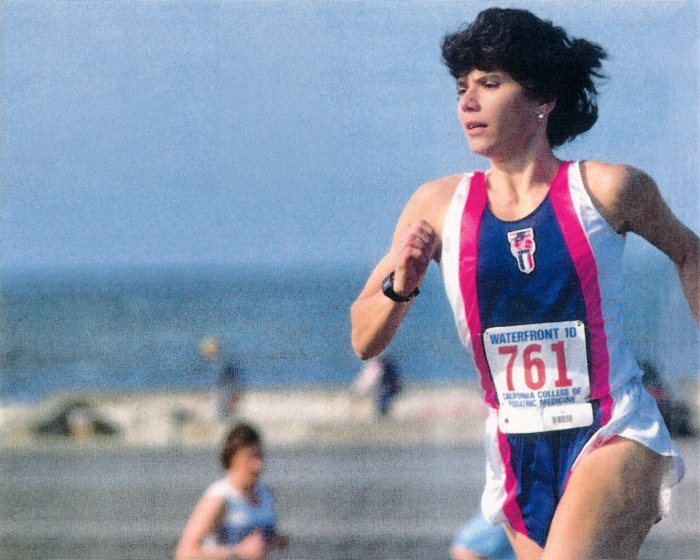
Twenty years ago, we didn’t know what we know now about the benefits of exercise during cancer treatment. Oncologists recognized cancer-related fatigue, and the logic then led them to recommend rest for optimal treatment results.
I knew from earlier running injuries that when I didn’t exercise, my body deconditioned, I lost endurance and strength, and it was hard to remain optimistic. Cancer was challenging enough. So instead of resting, I tried to be as active as my treatment would allow.
The cancer was aggressive, and therefore the treatment was aggressive. After my fifth week of radiation, grocery shopping became an all-afternoon marathon. My goal was to walk the grocery aisles with the help of the cart, resting at the end of each one.
When I recovered far better than anyone expected, I confessed to my radiologist that I had been as active as I could be instead of resting. Could that have made a difference? He didn’t think so; he thought I was an anomaly. I went back to work, but work had lost its meaning.
Strong Cancer Recovery
Like many survivors, I wanted to give back to the survivor community, and like so many, I started a non-profit organization. It is called Strong Cancer Recovery, and my mission is to advocate for exercise to become part of the standard of care for patients with cancer. That is why I was there, as a volunteer, telling my story to a woman I’d just met, who had come at her oncologist’s urging.
Her breast cancer oncologist believed in exercise so strongly that he had partnered with me through my non-profit Strong Cancer Recovery, and together we advocated for exercise to anyone who would listen. He presented me at conferences and invited me to tell my 2-minute story at hospital Grand Rounds, and during lunches.
For the 3 years from 2014 to 2017, on Tuesdays and Thursdays, I led free exercise classes, and I met with and listened to about 130 newly diagnosed patients tell me their stories. These women were already caught up in the maelstrom of cancer treatment, but still they wanted to learn how they could become more active.
It is hard to think of a worse time to start an exercise program than when you are thrust into the patient world of juggling urgent appointments, when your work role and your family role are shifting into something unrecognizable, and all you can control is your response.
And yet, these women came because they understood that they were engaged in the challenge of their lives, and exercise was a tool they had been urged to use.
I had earned a masters in exercise at ASU in 2005, when evidence of exercise’s benefits for all cancers was accumulating into a mountain of knowledge. The American College of Sports Medicine published their Guide to Exercise and Cancer Survivorship in 2012, but even the editor, Melinda Irwin, PhD, MPH, of Yale School of Medicine, acknowledged that we had work to do when it came to helping cancer survivors begin and sustain exercise programs.
We promoted the principles of exercise, but we lacked pathways for survivors to follow. Too often, we counseled survivors as if their world bore some similarity to the world of the average American who doesn’t exercise enough.
In 2012, I was certified as a cancer exercise specialist from the University of Northern Colorado, and as I listened to women describe the very real, towering obstacles they faced when they tried to adopt an exercise routine, I grew increasingly impatient. There had to be a better way.
So, in 2017 I put my non-profit organization on hold and entered Arizona State University’s doctorate program in nursing and health innovation.
That year, I glimpsed the complexity of the physical and psychosocial benefits that exercise delivers. In my second year, I discovered the camaraderie of the national community of survivorship researchers, and in my third year, I began the life-affirming work of advocacy.
Cancer Rehabilitation
You, too, can join this community, which is full of ingenuity, insight, and hope. Go to Google Scholar, and enter the words “Exercise Cancer Rehabilitation Survivorship” to see some of the articles written on that subject. Cancer rehabilitation is the field of research that includes exercise’s benefits for survivors; but cancer rehabilitation is far more, as you can see from the article titles about this topic.
Exercise is only one of many techniques used by cancer rehabilitation clinicians, whose survivorship services start with a whole-person assessment, both physical and psychosocial. Then clinicians review the specific series of treatments prescribed, identify your potential risks during each phase of treatment, and use this information to predict likely impairments that may accumulate over the treatment trajectory.
After they have a comprehensive understanding of the consequences of your treatment over time, they will engage you in therapies and exercises that will improve your treatment outcomes and your immediate and long-term quality of life.
The community I am working to join is well represented by the webinars listed at the end of the article.1-4 Watching these presentations will introduce you to the leading researchers in cancer rehabilitation and survivorship, the questions they are answering, and increasingly, their calls for action.
Community of Empathy
A doctorate education toward a PhD involves 2 years of classes to learn how to ask your key research question, followed by 2 years of generating evidence to answer your question. As you can see from the suggested webinars, today’s researchers are continuing this tradition of developing insightful questions, engaging in scientific research to answer those questions, and talking about the implications of the evidence they’ve gathered.1-4
If you think of research that way, as people bantering ideas back and forth, helping each other better understand survivorship by sharing evidence, you will not be far off. Most of these researchers are doing cancer research because cancer has touched them at their core. In cancer survivorship, we often lead with our stories, to clarify our purpose and perspective. It is common for researchers to do the same. We are a community united in our empathy.
Which brings me to the present, and the world of cancer survivorship advocacy. If my story offers any advice, it is to echo the words of so many—that volunteering is healing, and that joining a larger cause ends isolation.
Another truth is that policies supported by the best evidence don’t always carry the day. Evidence can make heads nod in agreement, but stories connect our hearts. Stories move us to act, and your individual story carries immense power.
National Coalition of Cancer Survivorship
If you have never heard the term “cancer victim,” thank the activists who came together as the National Coalition of Cancer Survivorship (NCCS) in 1986 and began telling their stories.
If you lay awake these nights, worried about treatment interruptions and the long-term effects of a COVID-19 world, the NCCS website (www.canceradvocacy.org) has the most authoritative answers for you, updated daily by national medical and policy leaders.
If you are receiving treatment through video conferencing, and you want to raise a concern, NCCS is inviting you to add your experience to their ongoing research. And if you are newly diagnosed with cancer and seeking knowledge and community, NCCS embraces you as our most important audience, in all your uniqueness.
E-mail works in the NCCS world. Survivors or experts respond to your questions with answers, guidance, and always with compassion.
I started as an advocate with a single voice, and arrived here at NCCS, part of an organization that hears my voice, and adds me to its chorus of survivors, physicians, researchers, and public leaders who are creating policy and calling for change. I invite you to bring your voice and join us. I guarantee that you will be heard.
References
- Silver, Julie. Comprehensive Cancer Rehabilitation: Essential Services for Improving Quality of Care & Survivorship. YouTube, March 24, 2015. www.youtube.com/watch?v=O400O5wvYT4. [YouTube search terms: Julie Silver American Cancer Society Comprehensive.]
- Stubblefield, Michael: Redefining Functional Status: A Patient-Led Quality Measurement Effort. Webinar 2020. www.canceradvocacy.org/cancer-advocacy/redefining-functional-status/#webinar. [YouTube search terms: Redefining Functional Status.]
- Cancer Policy Roundtable: Cancer Rehabilitation as a Survivorship Care Model. National Coalition for Cancer Survivorship webinar. March 6, 2020. www.youtube.com/watch?v=95vDE0AhHvQ. [YouTube search terms: Cancer Policy Stubblefield.]
- Stout, Nicole. Maley Lecture—Cancer Rehabilitation: Insights on the Future of Our Practice. American Physical Therapy Association webinar. July 6, 2020. apta.org/article/2020/06/24/maley-lecture-cancer-rehabilitation-insights-on-the-future-of-our-practice. YouTube: www.youtube.com/watch?v=3jd6kY2s_ks [YouTube search terms: Stout 25 Maley Lecture].
Patient Resources
Cancer.Net
www.cancer.net/navigating-cancer-care/videos/side-effects/childhood-cancersurvivorship-gregory-reaman-md
CONQUER: the patient voice
https://conquer-magazine.com/issues/2019/vol-5-no-5-october-2019/1052-is-cancer-rehabilitation-a-good-option-for-you-it-s-never-too-late-to-ask-for-a-referral
National Cancer Institute
www.cancer.gov/publications/patient-education/life-after-treatment.pdf
National Coalition of Cancer
Survivorship
www.canceradvocacy.org/wp-content/uploads/2019/08/Cancer-Survivorship-Checklist-1.0.pdf





